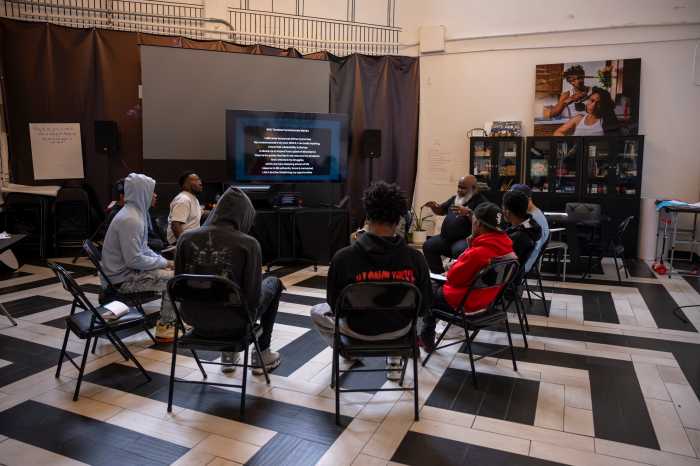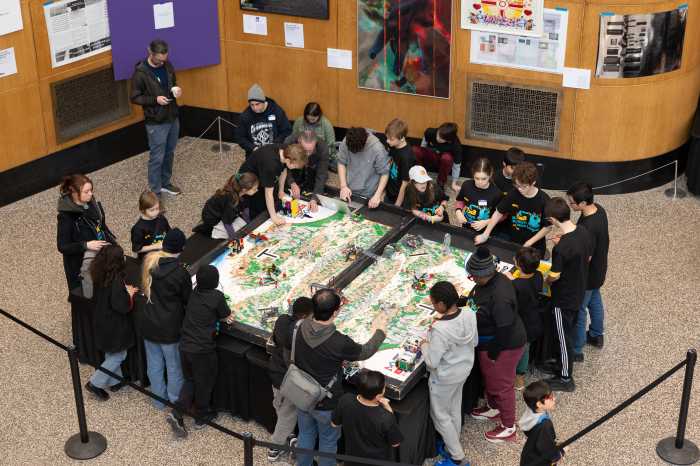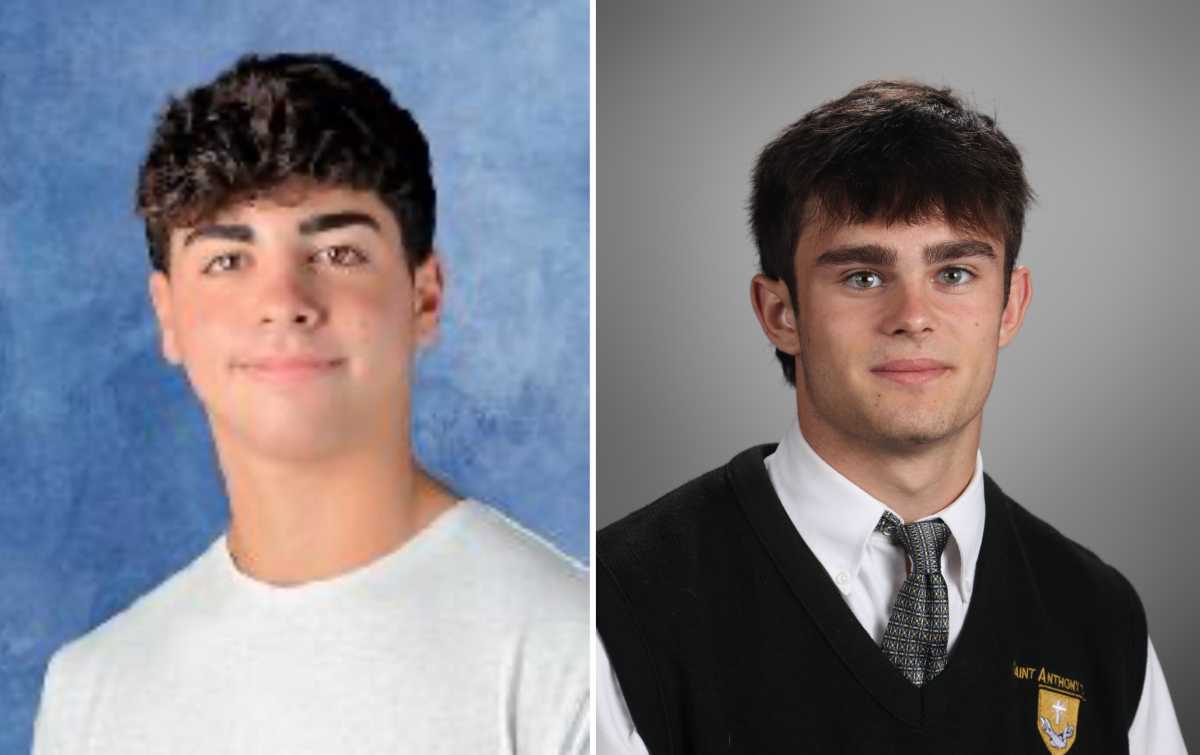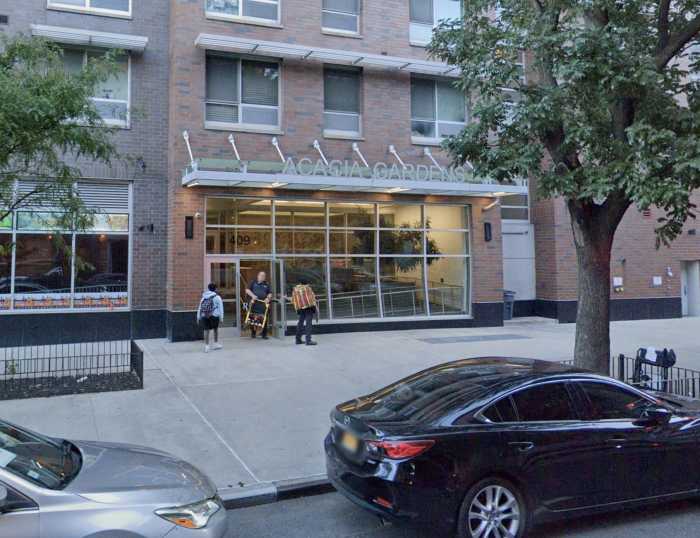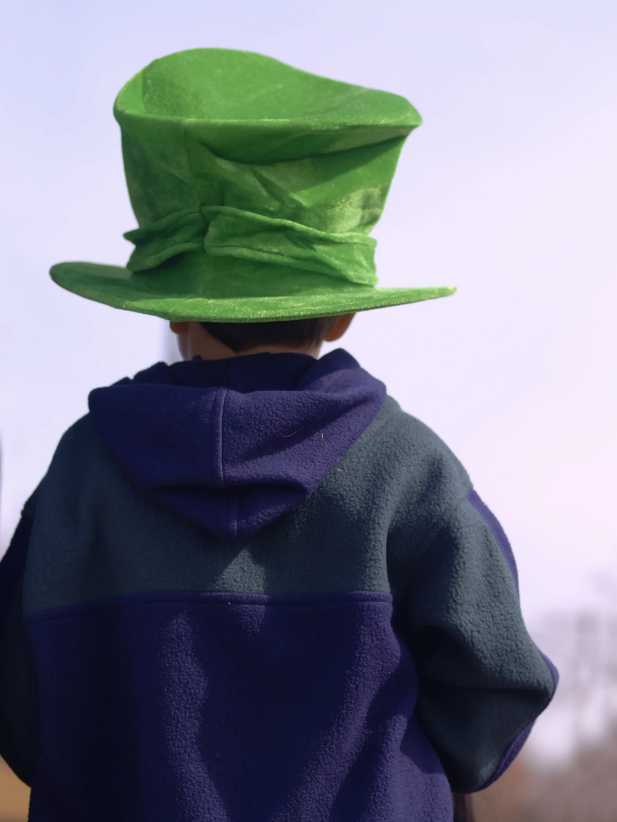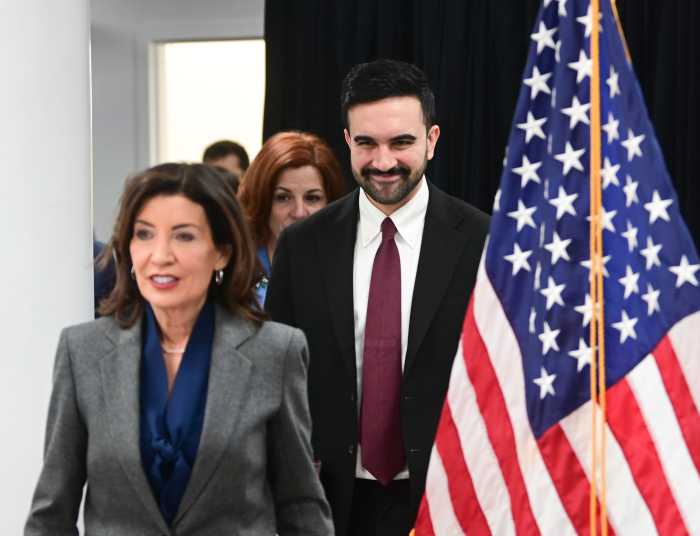I have given up alcohol for the month of January to prove to my 11-year-old that I can.
I made an offhand comment on one of the last days of the holiday, something about needing to quit drinking.
“I don’t think you could do it,” Oscar said, that tone in his voice that always lights a fire under me.
How could I let my child think that alcohol was so important, had such a grip over me, that I couldn’t give it up? What kind of role model would I be then?
“I absolutely can,” I said. “One month, no alcohol.”
I was excited, actually. I had a strange relationship with denial of things I liked. On Yom Kippur every year, the Jewish holiday that restricts all food and liquids for 24 hours, I was always somewhat sad to start eating again. There was something about having the willpower to give things up that made me feel good.
But when I told a friend I haven’t seen in a while about the bet, he scoffed.
“Nice. Your own son thinks you’re an alcoholic, you’re on a rough road…”
“I’m not an alcoholic,” I said.
But was I? I watched what I drank, but certainly over the holidays I consumed a fair amount. I had taken up whiskey a while back and was excited to bring friends bottles of new local spirits that I encouraged them to share. I’d been enjoying a fair bit of wine and beer and champagne as well, and really looked forward to it. What actually constituted alcoholism, I wondered? I went to the internet.
According to the Mayo Clinic, you suffer from alcoholism if you have problems controlling your drinking, are preoccupied with alcohol, continuing to use alcohol even when it causes problems, have to drink more to get the same effect, or have withdrawal symptoms when you rapidly decrease or stop drinking. If you have alcoholism, you can’t consistently predict how much you’ll drink, how long you’ll drink, or what consequences will occur from your drinking. You may not be able to cut back or quit without help.
A week-plus in, I have not had a sip of alcohol to drink although, full disclosure, I used cooking wine in a recipe. Oscar called me on it, though I don’t think that counts.
It has been hard at moments, especially as my husband is not participating in the bet. I have looked longingly at his glasses of wine, at his pouring of a bourbon. I felt like a buzz-kill at a dinner with my in-laws and at a bar with friends, having to refuse a delicious punch. I couldn’t figure out what to drink except boring seltzer with lime.
The “preoccupation” part of the Mayo Clinic definition of alcoholism certainly applied to me and most other people I hung out with. It was a great subject of conversation for sure, but I wondered maybe if I stopped, could there possibly be other more interesting topics that arose in its place, other things I might think or talk about more with the absence of alcohol?
But it’s hard to change things when the world around you goes on as normal.
“Let’s grab a drink,” a friend e-mailed after I’d had a hard day, Oscar not having told me of his whereabouts after school, leaving me waiting and wondering for more than an hour because his phone wasn’t working. (The people on the other end of 911 think I might have been a little overzealous in my concern, but hey, it was unusual.)
I might have been on board if I was drinking, but as it was, I proclaimed tiredness and fell into bed at 8:30.
Physically, I thought maybe quitting drinking could make me feel great, but I’ve actually felt a little out of sorts. It occurred to me that there are many reported benefits of moderate alcohol consumption, especially wine, which has been shown to protect against heart disease, colds, dementia, diabetes, gallstones and even erectile dysfunction (not a problem for me, luckily, but good to know.)
One article, from MedicalDaily.com, cited research from the Catholic University of Campobasso that showed four drinks a day for men and two drinks a day for women — ideally wine with meals a la the Mediterranean diet — can help reduce the risk of death by 18 percent.
Was I actually harming myself by stopping my moderate drinking?
This was confusing. Wasn’t I trying to make the point that drinking wasn’t necessary to my son? But then, was it? Should I encourage him to drink when he’s older?
Either way, I guess what I’m actually going to teach — and learn — through this exercise of restraint is that one should be able to do anything one sets out to do. And the fear for me, for myself and my kids, is about the addiction to any behavior. It is not the doing but the overdoing with most things that can be a problem, and if you absolutely cannot stop, what does that say?
All I can really say now is that I’m looking forward to February.



